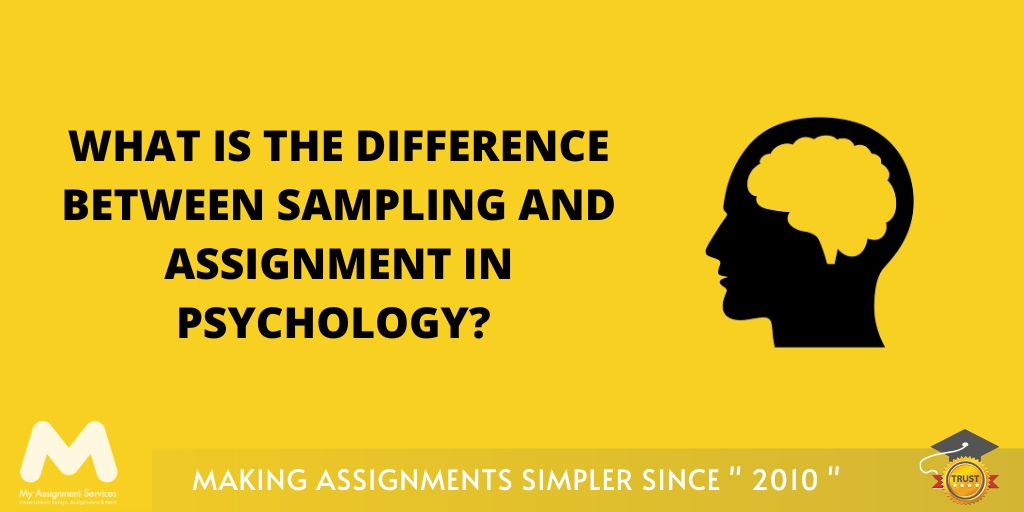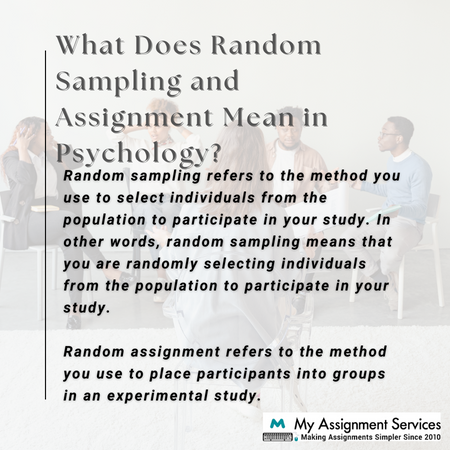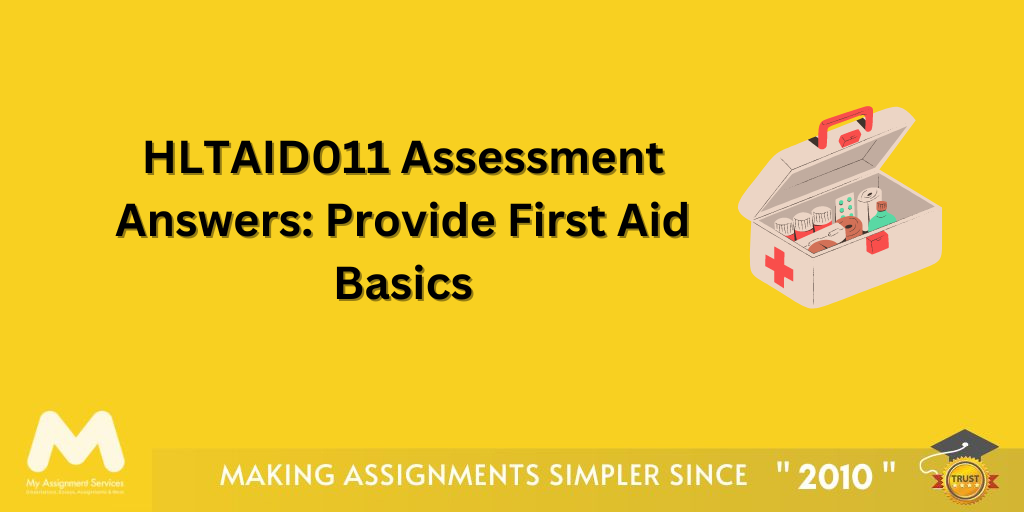
Humans are naturally susceptible to making constant progress and seeking improvement methods. Be it personal or professional life; you can make progress via psychological goals. A person's attitude and zeal for any task decides the success rate. But before you can get into curating the action plan, you need a strong basis for any methodology you use.
Good results can be achieved if you implement a tried and tested method. For the same, make sure you get the latest psychological research data. However, how would you know that the data is effective and useful? Have you ever wondered how the latest psychological data are collected?
Did you know that your short-term memory can store seven things from any data set for twenty seconds or less?
Psychology is an extensive field of study with a range of research data available about the human brain and its behaviours. Common people can access such data from the internet, government repositories or university websites. Several methods are used for collecting data; the most prominent ones are sampling and assignment.
We’ll learn these methods in-depth in this blog. Read forth!

What is meant by a Random Psychology Assignment?
An assignment is a data collection method used in psychology. Random assignment is a procedure in psychology experiments where the samples/people in a psychological experiment get equal chances to be put in any of the given groups. The participants in the study are assigned to random groups for the psychology experiment.
The variable that changes in the experiment is known as the independent variable. Another variable that changes depending on the independent variable is called the dependent variable. There are several outcomes of the experiment, yet the outcomes of the experiment can change depending on various cause and effect factors.
To make the experiment more generalised, the important part is to choose a sample in front of the representatives in the experiment. For instance, the male-female ratio in the experiment is 52% and 48%. The sample should reflect this data. The representatives are chosen randomly to give each participant an equal chance to be selected.
A study conducted by psychologists at Chicago university shows that people who can speak more than one language are more likely to make more rational decisions.
The random assignment aims to ensure that each group is the same before the independent variable is applied, as a random assignment adds to the dependent variables in the experiment. Random psychology assignment controls two or more groups in the experiment - that each group is equal at the outset.
Nursing students must submit various research papers, case studies, lab reflections, essays, and other assignments. So many writing and reading assignments can get overwhelming; if you seek psychology assignment help in Canada, you may fill out the enrolment form. Get live guided sessions and free academic resources for your assignments.
What Is Sampling in Psychology?
Sampling in psychology is yet another data collection method. The definition of sampling is picking random data points/individuals in an experiment. Sampling is often used to support an experiment. Random individuals from a population are picked to check if the experiment's outcome stands true.
Random sampling is different from assignment, as sampling is used to add an external validity to the experiment. At the same time, the assignment is to pick random samples for the experiment. The samples are only randomly valid in the experiment if all the population participants in the random assignment have an equal probability of getting chosen.
When practising, only a few psychologists use true random sampling as assigning random individuals in the experiment is not feasible. Also, the probability of each participant in the experiment may not truly have an equal chance to be picked. Hence, researchers want to avoid using random sampling for convenience sampling.
Did you know 2-4% can smell or taste colours? Synaesthesia is a rare psychological-genetic condition that triggers two senses at the same time.
Moreover, the target population might not be as wide-ranged as a huge population. For instance, in an experiment, the target population might consist of teenagers exposed to the misuse of drugs. In such cases, the experimenters use the psychological assignment from a small group of individuals that might represent the target population.

How Are Sampling and Assignment Important in Psychology?
So we learned exactly what assignments and sampling are. Now, moving on to the purpose or the importance of each method. As mentioned before, sampling is used when the data set does not have enough data points to represent the target population. Hence, it is useful to pick sample data from the entire population.
To tackle the issues of insufficient data points, sampling is useful. The more representatives there are in the experiment; the more effective the outcomes can be. Psychologists often use sampling to check the reliability of an experiment as sampling does not necessarily depict the true characteristics of the target population of the experiment, so the chances of sampling bias also increase.
Random psychology assignment is useful to ensure that each group/individual in the experiment has an equal chance to be the representative of an entire population. This process helps eliminate the possible sources of bias that may occur in sampling. Reducing the chances of bias makes the experiment more effective.
Yet random assignment makes data collection more generalised. Another shortcoming of random sampling is that it does not have enough data points; random assignment ensures that there are enough data points. This technique is useful for carrying out intricate and complicated experiments and handling complex datasets.
A study conducted by psychologists at the London School of Management proved that night owls - people who are more productive at night - tend to be more intelligent than those who are productive in daylight.
The noteworthy point here is that an excess of or a lack of data points in an experiment can lead to biases in sampling or assignment. It is important to choose the sets and the data assignment/sampling methods accordingly for effective results. The primary goal for both methods is to pick representatives that best represent the data/target audience.
Writing such a report can be challenging, and those practising medicine or nursing must compose many of these. If you face trouble with structure and referencing, you can seek help from experts online. Fill out the enrolment form to get psychology assignment help in Canada; our experts will help you meet all the technical requirements and help draft the content through a live session.
Related Study Materials
Our Experts can answer your Assignment questions instantly.
Ask Question0 Comment
Get It Done! Today
1,212,718Orders
4.9/5Rating
5,063Experts













Loved reading this Blog? Share your valuable thoughts in the comment section.
Add comment